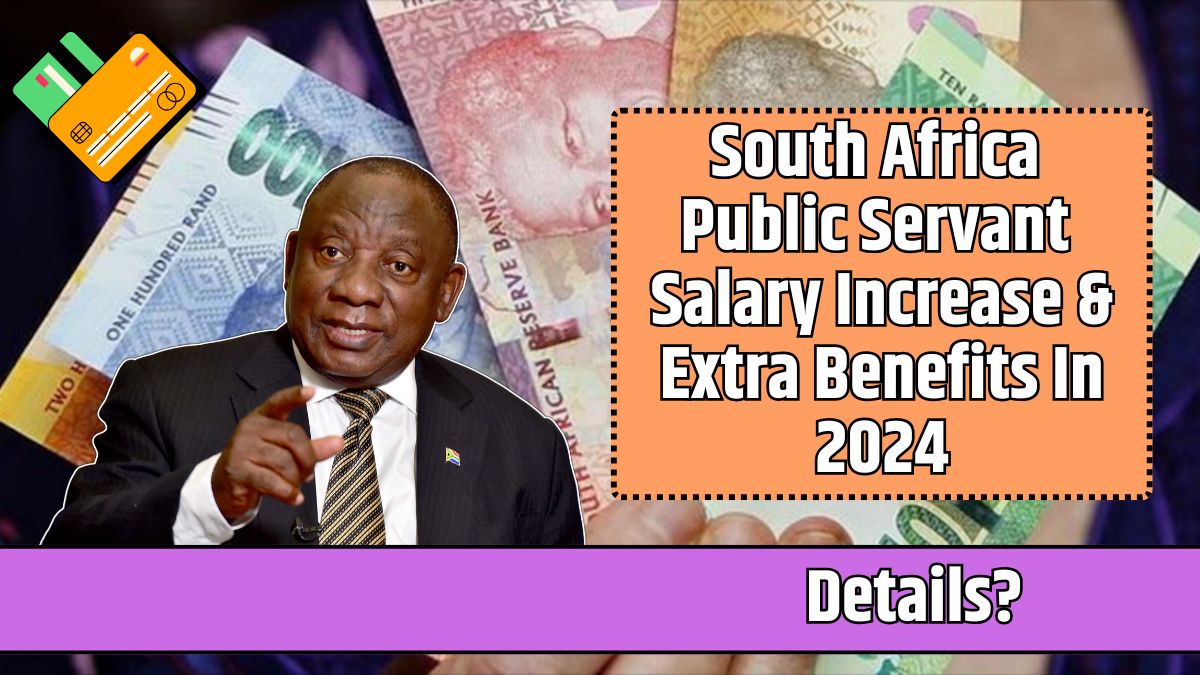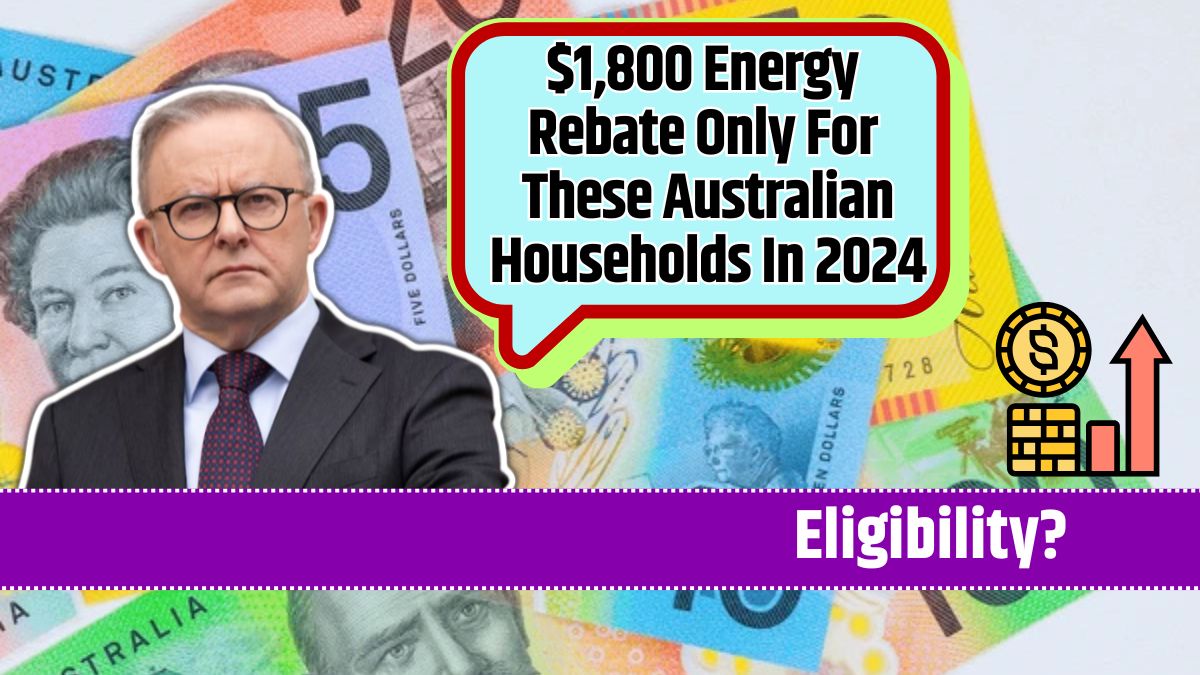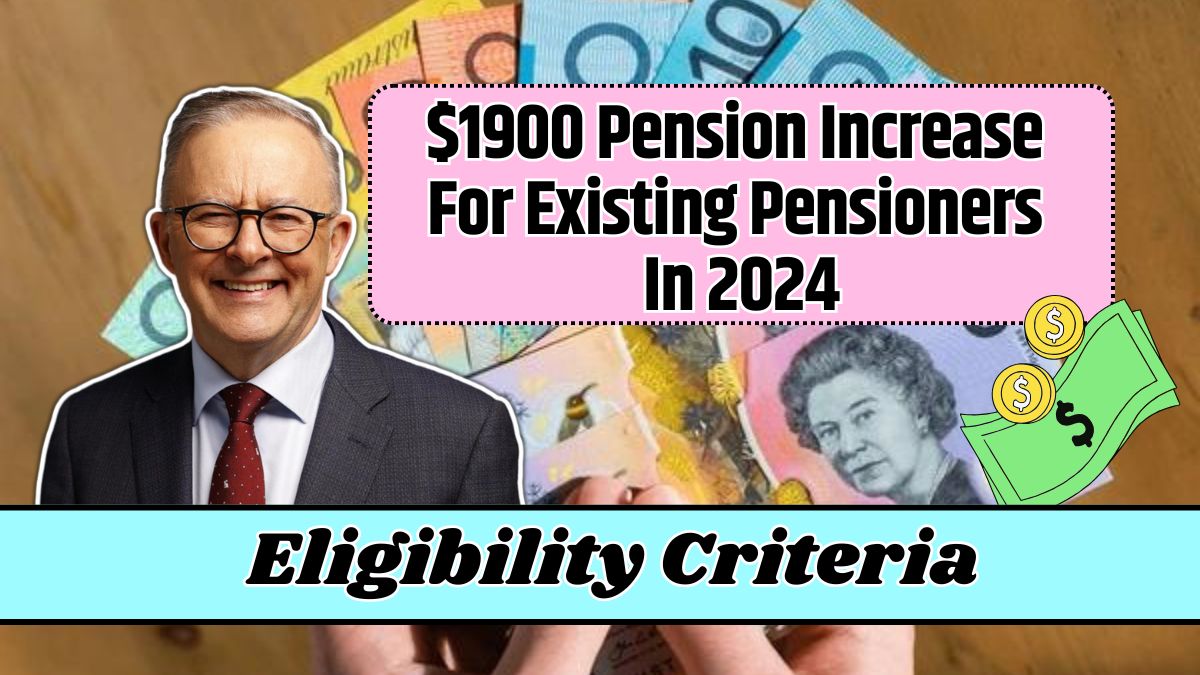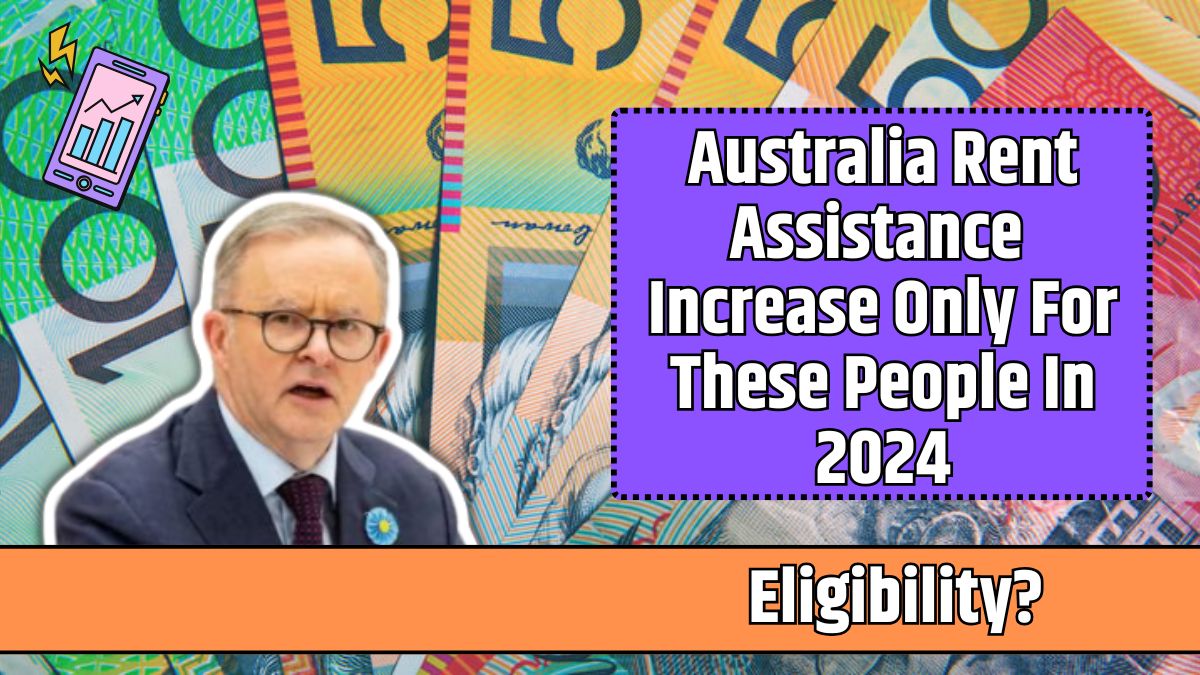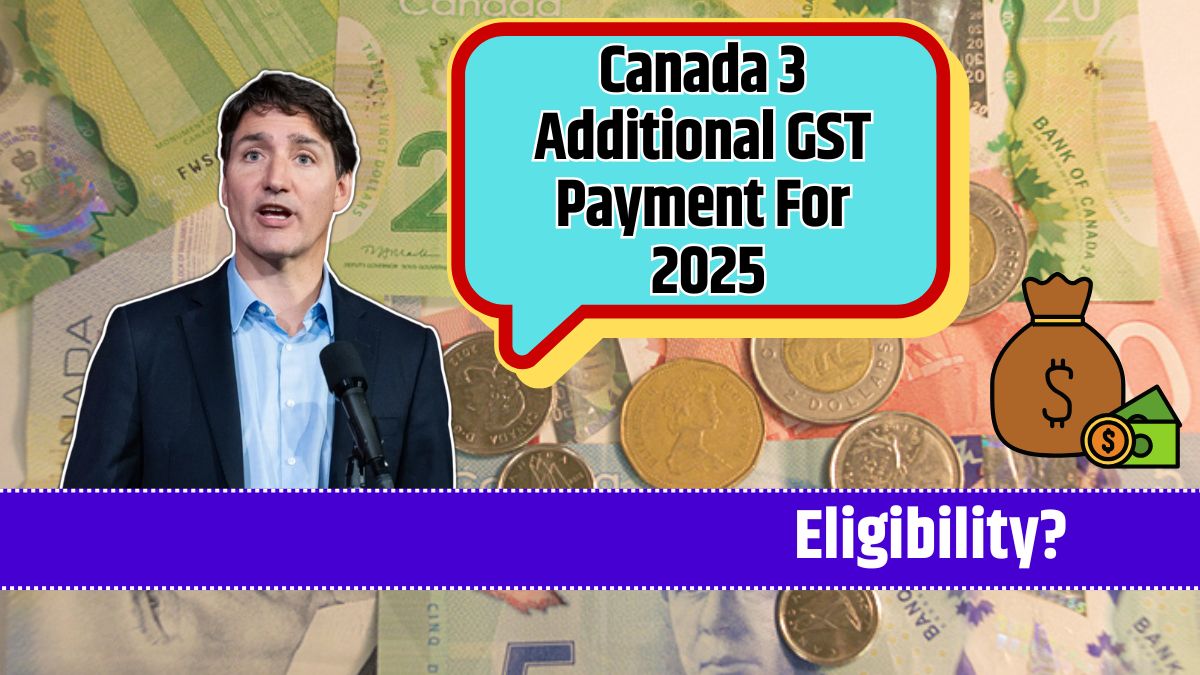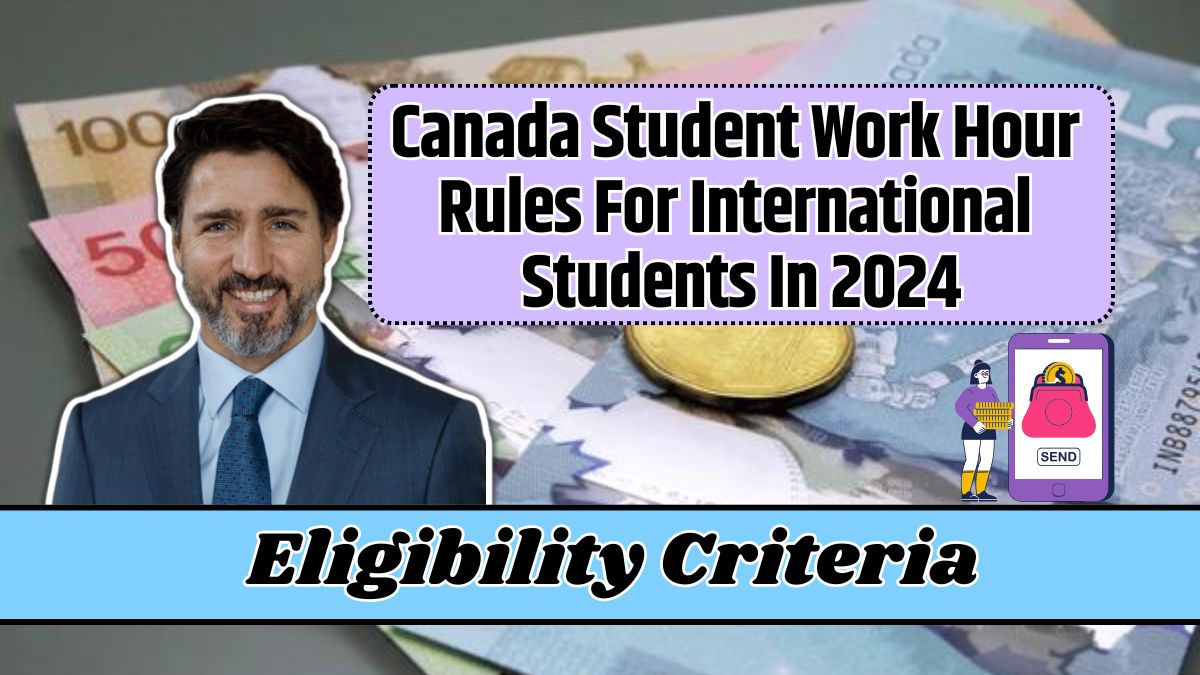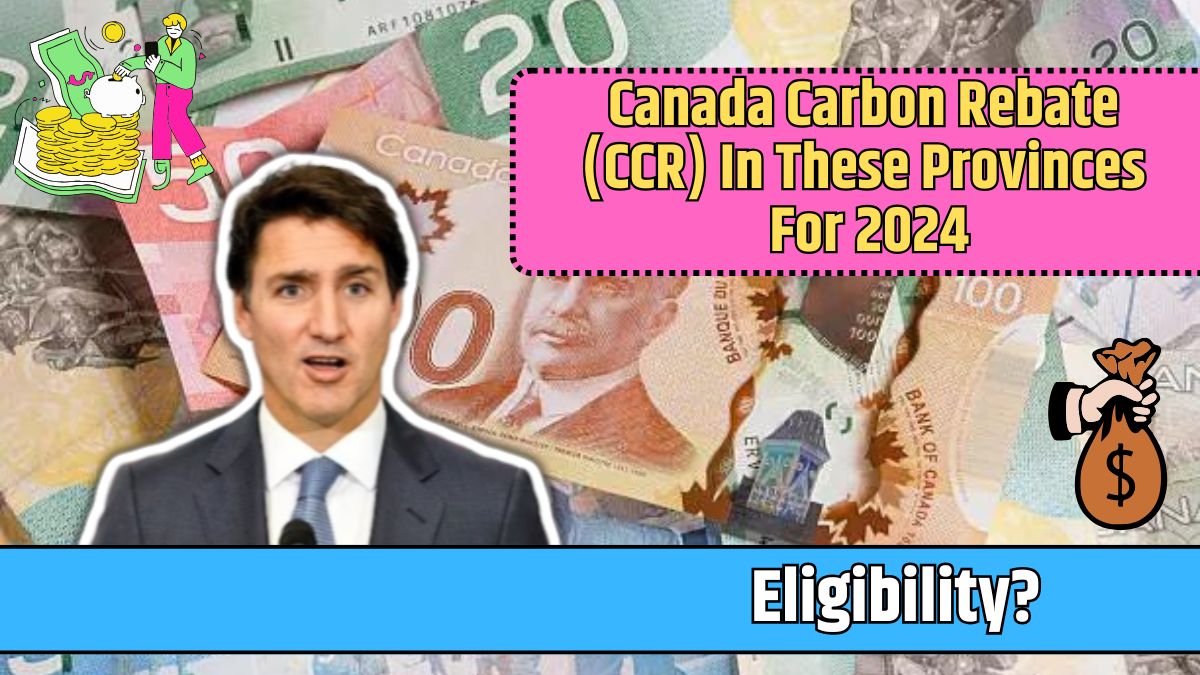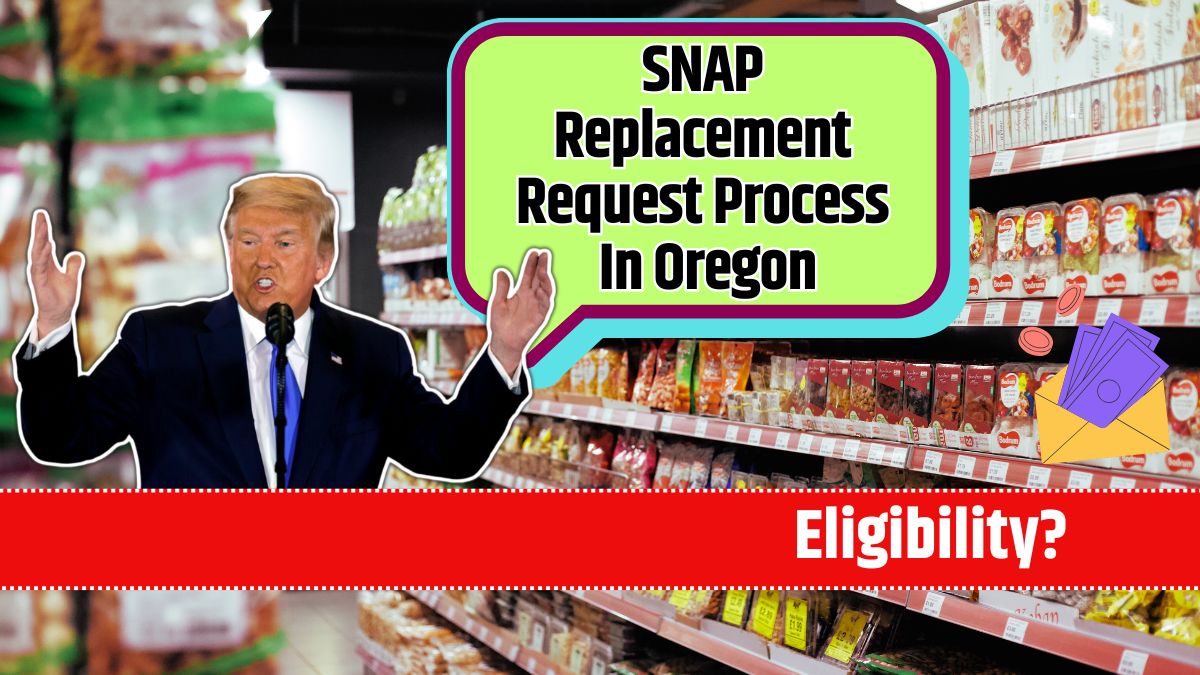South Africa’s public sector is set for a salary adjustment in 2024, with public servants at national and provincial levels receiving a 4.7% wage increase effective 1 April.
This move has sparked mixed reactions among stakeholders, including government officials, unions, and economists, reflecting the tension between economic constraints and public sector expectations.
While the increase demonstrates the government’s acknowledgment of public servants’ contributions, it also raises questions about inflation alignment and fiscal sustainability.
Details of the 2024 Salary Increase
Key Facts
The 4.7% wage increase applies to non-Senior Management Service (SMS) employees on salary levels 1 to 12. This adjustment is part of a broader government strategy to offer fair compensation while adhering to fiscal prudence.
| Year | Public Servant Salaries Budget | Increase from Previous Year |
|---|---|---|
| 2023/24 | R721.1 Billion | N/A |
| 2024/25 | R754.2 Billion | R33.1 Billion |
| 2025/26 | R788.6 Billion | R34.4 Billion |
| 2026/27 | R822.5 Billion | R33.9 Billion |
The public wage bill constitutes about 30% of South Africa’s total annual expenditure of R2.4 Trillion, emphasizing the importance of careful management.
Government’s Perspective
Balancing Fair Pay with Fiscal Responsibility
Minister for the Public Service and Administration, Ms. Noxolo Kiviet, emphasized that the wage increase reflects the government’s dual commitment to fair compensation and fiscal responsibility. The aim is to make the public service an attractive employment sector while ensuring financial sustainability.
Beyond the salary increase, the government has highlighted additional commitments, including:
- Professional Growth Opportunities: Offering career development programs to enhance public servants’ skills and qualifications.
- Service Excellence Goals: Ensuring quality and affordable public services for citizens while rewarding employee dedication.
Union Responses
Dissatisfaction Among Key Unions
Several unions, including the Police and Prisons Civil Rights Union (Popcru), the South African Policing Union (Sapu), and the National Education, Health and Allied Workers’ Union (Nehawu), have rejected the 4.7% increase. They argue that it does not adequately account for inflation, currently exceeding the offered rate.
Unions representing over 300,000 public servants have hinted at potential strike action unless the government improves its offer. The Public Servants Association (PSA), representing 245,000 workers, has taken a more cautious stance, monitoring inflation rates before taking further action.
Union Leaders Speak Out
Reuben Maleka, PSA General Manager, stated:
“Should the CPI [consumer price index] rise above the projected rate, the PSA will insist on additional compensation to cover the difference.”
The unions’ dissatisfaction underscores the gap between the government’s fiscal priorities and worker expectations.
Financial Implications
Increasing the Wage Bill
South Africa’s public wage bill is projected to grow substantially in the coming years:
- 2024/25: R754.2 Billion (+R33.1 Billion from 2023/24)
- 2025/26: R788.6 Billion
- 2026/27: R822.5 Billion
This increase underscores the financial strain of accommodating higher wages alongside other national priorities.
Additional Benefits for Public Servants
- Pay Progression: An extra 1.5% increase for eligible employees based on years of service and performance.
- Housing Allowances: Ongoing negotiations aim to adjust allowances to align with inflation.
- Medical Benefits: Talks continue to revise healthcare benefits, further enhancing overall compensation packages.
These supplementary benefits demonstrate the government’s intention to address more than just base salary concerns.
Challenges Ahead
Inflation Concerns
South Africa’s consumer price index (CPI) remains a significant factor in ongoing wage negotiations. If inflation rates surpass the 4.7% salary increase, public servants may face reduced purchasing power, potentially fueling further discontent.
Potential Strikes
Union dissatisfaction could escalate into strikes, disrupting essential public services. Negotiations between the government and unions will be critical in preventing such outcomes and maintaining stability.
What Lies Ahead?
The 4.7% increase reflects an effort to balance fiscal constraints with fair pay, but it also highlights underlying tensions in South Africa’s labor landscape. As inflation rates and union demands evolve, the government may face pressure to reassess its position to avoid industrial action.
For public servants, this increase provides some relief amid economic challenges, while unions and policymakers continue to grapple with the broader implications of wage management.

